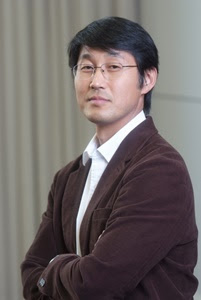
On behalf of The Joseph and Gwendolyn Straus Institute for the Advanced Study of Law & Justice, you are cordially invited to attend a lecture, part of The Straus Public Lectures Series:
“The Grand Challenges of Implicit Social Cognition and the Law”
presented by Jerry Kang Straus Fellow, David M. Friedman Fellow, NYU School of Law;
Professor of Law and Asian American Studies (by courtesy), UCLA
_________________________________
Date: Tuesday, February 11th, 2014 Time: 6:00-7:30pm Lecture
7:30-8:30pm Post-lecture Reception
Location: Faculty Library
Vanderbilt Hall, 3rd Floor
40 Washington Square S.
New York, NY 10012
Please kindly
RSVP, if you would like to attend.
Lecture Synopsis: Recent findings in experimental social psychology have demonstrated the existence of “implicit biases”–attitudes and stereotypes that we are neither aware of nor necessarily endorse. Social scientists have also discovered “stereotype threat”–that negative stereotypes can undermine performance when an individual believes that by doing poorly she will confirm those very stereotypes about the groups to which she belongs. In this talk, Professor Jerry Kang will survey the science of implicit biases and stereotype threat with emphasis on real-world consequences. Then, he will explore their implications for law, policy, and legal theory. Along the way, Prof. Kang will outline what he sees as the field’s “Grand Challenges” for the next quarter century.
The lecture is open to the public; please feel free to spread the word about the event.




